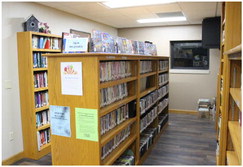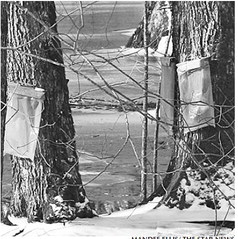Keep politics out of the classroom and focus on learning


“Banning books give us silence when we need speech. It closes our ears when we need to listen. It makes us blind when we need sight.” — Stephen Chbosky, American writer and producer.
It started innocuously enough. A teacher in Stratford brought in books from her own collection to supplement those in her classroom. By itself, this is nothing extraordinary. Most, if not all, teachers have purchased or brought in their own items to their classrooms to add to what the schools provide.
The difference, in this case, was that students of various ages had access to that classroom book collection and some parents raised concern about their students reading books that they felt were objectionable. Administration worked with the teacher to have the books in question only available to older students.
The parents followed the district’s policies and procedures and challenged the books with the goal of getting them banned from the building. A committee was formed to review the materials and walk the fine line between being responsive to the concerns of one set of parents while following policy of not denying access to any learning materials to other parents’ children.
In a 1964 landmark obscenity case, U.S. Supreme Court Justice Potter Stewart penned the now-famous phrase “I know it when I see it” in describing obscenity.
Those seven words, sum up the challenge of defining hard-line rules about what is or is not objectionable when it comes to art, literature, science or culture.
There is the further nuance of items that may be perfectly acceptable for older or more mature readers, but questionable for younger readers.
Parents have the ultimate right to decide what they want their children to read or experience. Which is why there are opportunities built into school policies and procedures across the state to provide the structure for parents to ask questions and raise concerns.
In the increasingly crowded intersection of politics and education, there are, unfortunately, those who would turn classrooms into political platforms for national ideologies. There are also those who would latch onto any discussion of educational materials to spout off conspiracy-theory talking points, without having any clear understanding of how curriculum materials are chosen in their local school districts or the long process used by educators and school leaders in choosing materials. There are also those who would use any excuse to continue the orchestrated undermining of free, universal public education, because they fear an educated populace that will see through their charades.
Regardless of how things are in other states, in Wisconsin, school districts are intensely local with educators, parents, community members, administration and elected board members all having important roles in the educational process. It is this broad partnership that allows Wisconsin schools to remain strong.
If people wish to be a positive force in their schools they need to get involved with working with parent teacher groups, volunteer in the buildings and show support for, rather than opposition to, educators.


